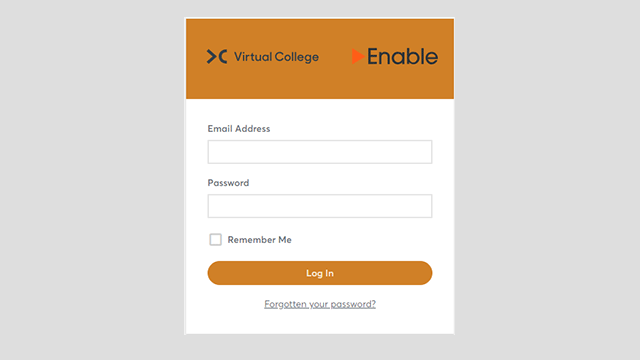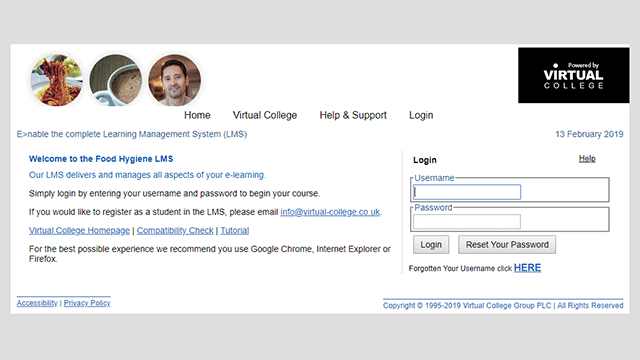Inspectors
It's no surprise that with a love for food like the British have, there are huge numbers of businesses and events
opening day in day out and serving you with everything from gourmet cuisine to a quick snack on the high street. It
is very easy to see a dirty kitchen and know that the food it produces won’t be very good for you, but what about
the things we can't see? For years now the Standards Agency has been conducting
research, surveys, and sending out inspectors to ensure that workers and businesses are doing the best they can to keep you safe.
The following information is written to help staff know what to expect from an Inspection and how to comply with food law
I haven’t completed any training. What should I do?
To quote the Food Standards Agency's booklet 'Law
Inspections and Your Business':
"Inspectors have the right to enter and inspect food premises at all reasonable hours. They do not have to make an
appointment and will usually come without notice"
It is a legal requirement for all staff that work with food to comply with HACCP regulations and this is
usually shown by a certificate that they have completed Level 2 Food Hygiene Training. We offer a fully recognised,
RoSPA assured course that can be completed online.
More about our online Level
2 Food Hygiene course
You do not need to display a Food Hygiene Certificate, but completing a recognised training course will tell you everything
you need to know to comply with current Food Hygiene laws. A certificate on your wall will also help to show customers that
you are a reputable, trusted establishment that is interested in their safety as well as good quality service.
What happens during an inspection?
Food Inspectors will visit premises such as restaurants and bars, and carry out an assessment based on a Framework
Agreement that can be read on the Food Standards Agency website. They will show you ID on arrival and you can expect them to
be polite throughout the visit. After looking at your premises they will give you feedback and advise on any problems they have
found; also telling you whether this must be done to comply with law, or if it is good practice. If they request you take action
to comply with law this will be provided in writing. A food inspector will give you a reasonable amount of time to make changes,
except where they believe there is an immediate risk to public health.
What happens if I don’t comply with Food Hygiene laws?
In serious cases a Food Inspector can recommend prosecution. This could be anything from the court prohibiting the use of
certain equipment, to a ban on managing food businesses, and in extreme cases fines and imprisonment.
How clean is my kitchen?
If you’ve found this page because you’re interested in finding out more about Food Hygiene in general, for
your own health and safety, we have produced a Level 1 course that covers safety hazards and contamination, personal
hygiene and the importance of hygienic premises and equipment.
More about our Level 1
Food Safety and Hygiene course
What should I do if I want to report someone?
Food inspectors regularly visit premises to ensure everything is up to standards, but if for some reason
you believe there is a problem and want to report a problem you should check the Food Standards Agency website for
details of who to contact in your area. They’ve created a simple to use locator
which is available here.
How do I know a restaurant / takeaway is safe?
Food inspectors regularly visit different premises, but how often they do this depends on the size and need of the
business. They may also visit to follow up a complaint from the public. All food establishments that work with the
public in the UK are expected to comply with the law and this usually means that staff will be sent on food hygiene
training courses. Of course it’s not enough to just ‘do’ the training, and an establishment must ensure they comply
with the standards set within. Many Councils in the UK now have a 'Scores on the Doors'
type policy that helps to see just how well each establishment has performed
when inspected. Smaller establishments like takeaways may also choose to display certificates to show that staff have
completed the appropriate training.

